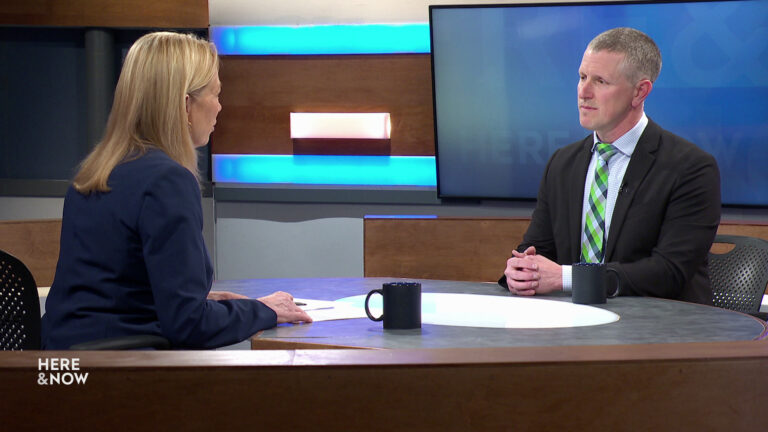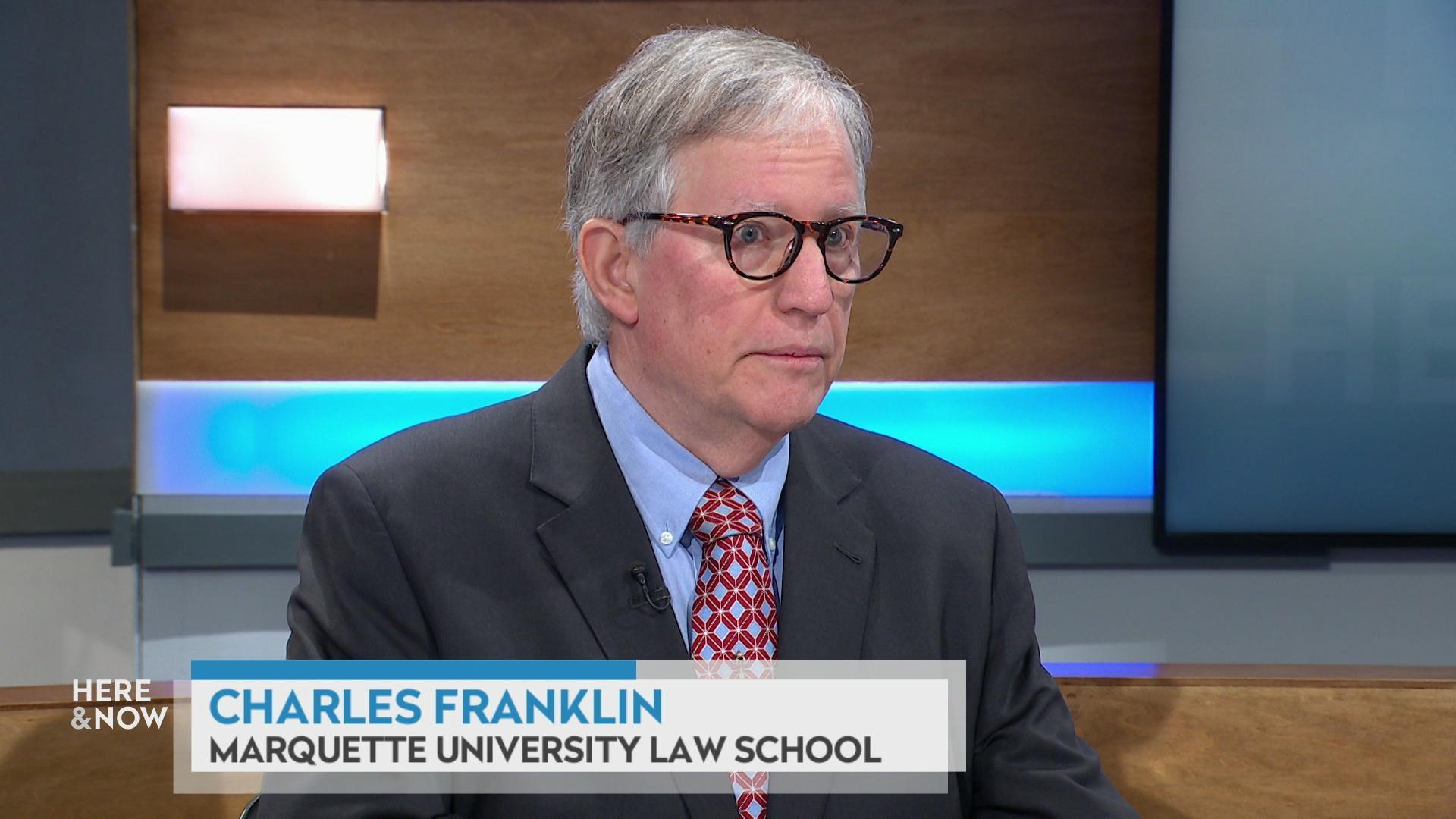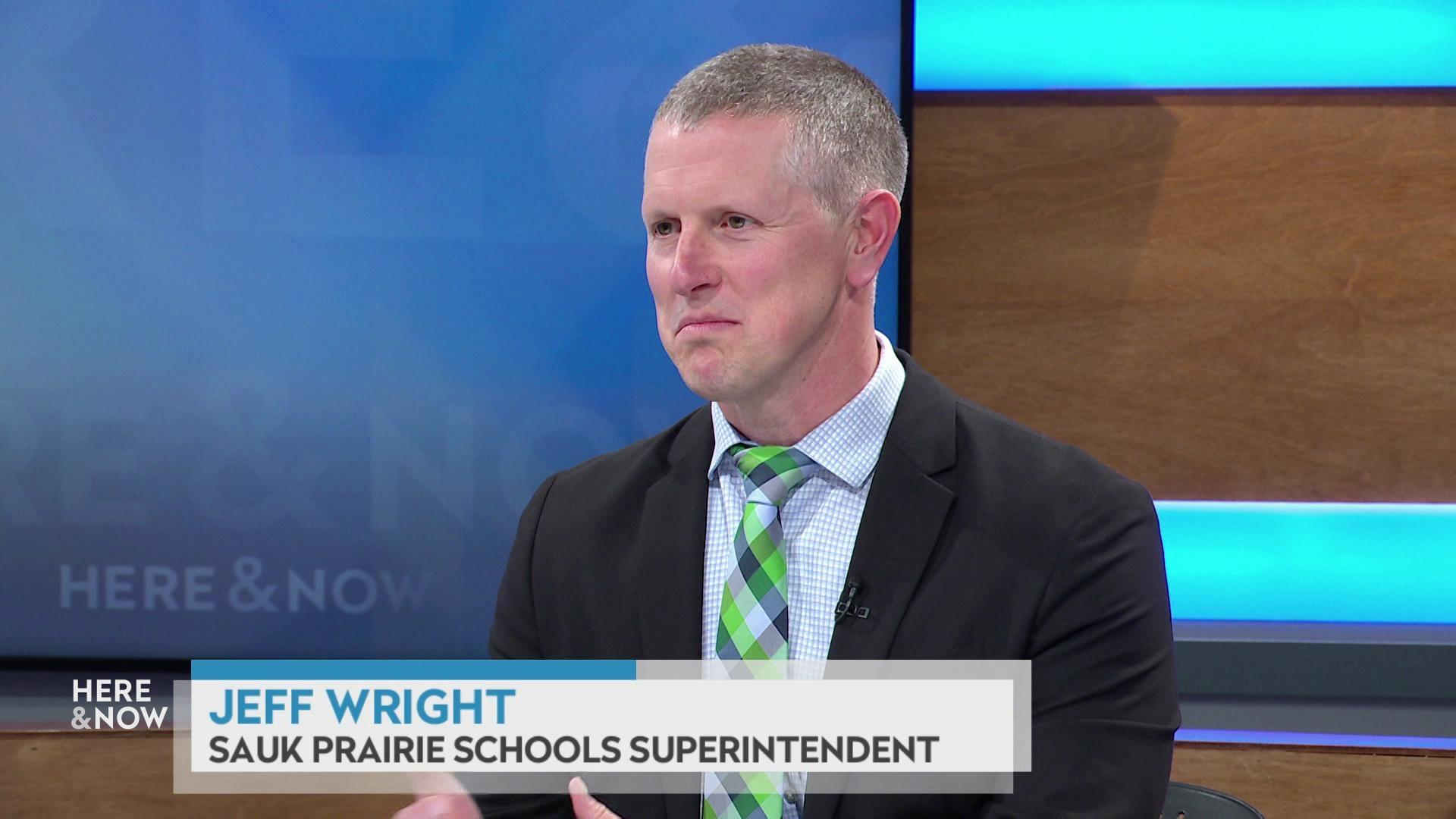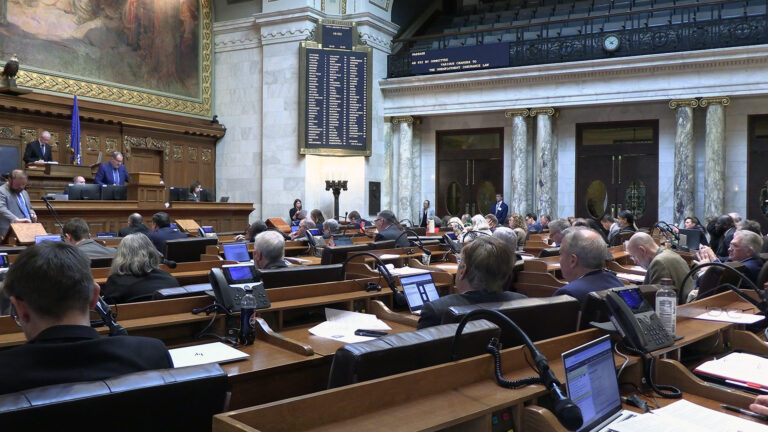Wisconsin Regulator Of For-Profit Colleges Sees Reduced Role
While ITT's collapse may have been the most visible shift in the for-profit college industry this fall, it's not the only change state regulators are facing.
October 10, 2016

Student on laptop

When the large for-profit college ITT Technical Instituteabruptly closed all of its campuses and online operations in September — impacting about 500 students in Wisconsin and 40,000 nationwide — its former customers and the state’s technical colleges were stuck cleaning up the mess, with some help from a small state agency.
The Wisconsin Educational Approval Board is charged with overseeing about 270 private post-secondary education providers, some for-profit and some non-profit, which have recently enrolled at least 38,000 students taking courses online and in person at any given time. The EAB currently has five employees and two unfilled positions. Gov. Scott Walker proposed eliminating the agency during the state’s last budget cycle, but legislators rejected the proposal.
Regulatory agencies like EAB don’t provide the academic stamp of credibility called accreditation, but instead give private colleges approval to operate within the state. That approval is intended to provide a mark of educational quality, but has just as much to do with consumer protection and making sure these colleges operate on a sound financial basis.
In a Sept. 9, 2016 interview on Wisconsin Public Television’s Here And Now, EAB executive secretary David Dies explained how the agency was working with displaced ITT students, primarily by helping them get their federal student loans forgiven, or “discharged.”
“It’ll at least be a way for students to perhaps get out from having large amounts of debt,” he said.
Like many for-profit colleges, ITT relied heavily on its students’ federal financial aid for revenue, and the amount of federal money bound up in the for-profit college industry has fueled increasing criticism.
While ITT’s collapse may have been the most visible shift in the for-profit college industry this fall, it’s not the only change Dies has been addressing in 2016. Over the course of the fall, EAB has been enacting new rules that weaken its own authority over online colleges.
Reduced scope for state regulators
In March, the Wisconsin legislature passed and Gov. Scott Walker signed a bill (Act 208) that adds Wisconsin to a voluntary association called the State Authorization Reciprocity Agreement. Under SARA, 42 states and Washington, D.C. have agreed that once an online college is authorized in its home state, it’s automatically authorized in all member states. (Three of the nation’s most populous states — California, Florida, and New York — are not SARA members.) This means Wisconsin will no longer regulate online colleges unless they are based in or have a physical campus inside the state in addition to their online courses.
The change had the support of the University of Wisconsin System, as noted in a lobbying summary. The UW System offers an extensive array of online degree programs through many of its four- and two-year campuses.
The EAB “sort of sat on the sidelines” while the bill was being discussed, because members were divided on whether to support or oppose it, Dies said in October.
“We’ve cut loose, in the last couple of weeks, more than 50 institutions,” he explained. “I’m not so concerned about losing the non-profits. I’m a little more concerned about losing some of the for-profits.”
Dies pointed out one change on the horizon. “In the not too distant future, we’ll no longer oversee the University of Phoenix,” he said, referring to the nation’s largest for-profit university. University of Phoenix has been closing down its Wisconsin campuses over the past few years as its enrollment and revenue has been dropping. The only one still operating is in Milwaukee, which no longer accepts new students.
Once current students at the Milwaukee campus are no longer enrolled, the University of Phoenix will still be serving about 3,700 Wisconsinites who take online courses. If those students have an issue, they’ll have to take it up with regulators in the company’s home state of Arizona. The Wisconsin EAB won’t be able to help them at all.
In addition to these changes, SARA narrows the scope of issues that regulators in an online college’s home state can address, Dies said.
“The way it’s designed is that the types of problems that can sort of get resolved or need to be resolved under this reciprocity arrangement only deal with fraud and misrepresentation,” he said.
In Dies’ experience, online students tend to come to the EAB with problems that are important but don’t quite rise to that level of severity — for instance, if a student doesn’t get her or his books delivered on time, or if they have financial aid issues, or if they receive an incorrectly calculated refund for a course they’ve dropped. Now those students will have little recourse short of going to court.
“We no longer have any hooks into that institution,” Dies said.
Simpler rules for online colleges
In a March 2016 article in Inside Higher Education, National Council for State Authorization Reciprocity Agreements executive director Marshall A. Hill pushed back against criticism from those wary of for-profit education companies. Hill pointed out that SARA only includes degree-granting institutions with accreditation from an organization recognized by the U.S. Department of Education. This, Hill said in the story, would prevent an organization like the non-accredited and scandal-wracked Trump University from being authorized.
In a letter to the editor submitted to The New York Times, quoted in the Inside Higher Education article, NC-SARA board chair Paul Lingenfelter argued that establishing a uniform regulatory framework made regulations on online education stronger, by making it harder for unscrupulous providers to take advantage of individual states with “weak regulatory capacity.” Additionally, the letter added, “the cost of complying with multiple, inconsistent state regulations discouraged many well-established public and independent private institutions from offering distance courses.”
In one sense, SARA makes Dies’ job easier, taking dozens of online colleges and thousands of students off the EAB’s plate. The agreement will also cut the EAB’s budget, which depends on approval fees from the colleges it regulates.
“We’re going to probably be losing out on about a quarter of a million dollars on an annual basis,” Dies said.
The EAB can mitigate that decrease a bit by raising fees, but only by so much. College enrollment in Wisconsin has been declining in recent years, and as the economy picks up, fewer people tend to seek the kind of job-oriented training private colleges tend to focus on providing. But this could still leave thousands of private-college students depending on a regulatory agency with just five employees (and two unfilled openings, currently), and Dies said there may be staff cuts.
A pact like SARA is structured for online colleges, which by their nature are designed to overcome geographic limits to education. An institution based in one SARA member can now operate in 41 other states without needing to address individual state-level regulations in each. And for public university systems struggling with declining state funding levels, including the UW System, it makes for one less impediment to a potential revenue source.
But Dies said it remains to be seen whether Wisconsin’s membership in SARA is good news for students.
“My concern is they end up with less protections,” he said. “They clearly won’t have us advocating on their behalf.”
 Passport
Passport











Follow Us